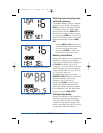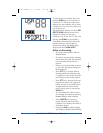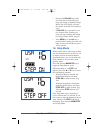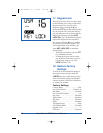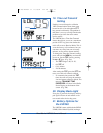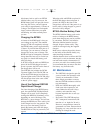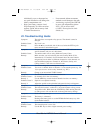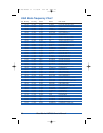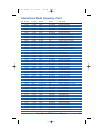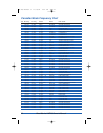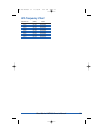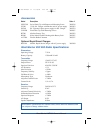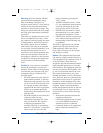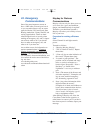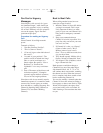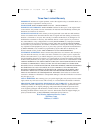
West Marine VHF200 Owner’s Manual 27
Pan Pan for Urgency
Messages
Since Mayday calls are only for “grave
and imminent danger”, what should you
say if you’re aground, or lost, or running
low on fuel? Ordinary calls for assistance
can use the urgency signal “Pan Pan”
(pronounced pon pon).
Procedure for making an Urgency
Call:
Select Channel 16 and high transmit
power.
Transmit as follows:
1. “Pan-Pan, Pan-Pan, Pan-Pan”.
2. “This is (Name of Vessel)”.
3. “(Your call sign or other indication of
the vessel)”.
4. “Located at (your position)”. The
position can be in latitude and longi-
tude, or can be in reference to a
known object. Be specific. “Near a
Red buoy” or “South of the
Lighthouse” is too easy to misinter-
pret.
5. State “(The nature of the distress and
assistance required.)”. Examples:
aground, require medical assistance,
lost, out of fuel, engine problems.
Since these calls do not normally require
immediate response, it’s common to make
contact with a rescue agency or another
boat and shift to a working frequency like
Channel 6 (Intership Safety Channel) or
Channel 22 (Coast Guard Working
Channel).
Boat to Boat Calls
When calling another boater, here are
some tips to keep in mind:
1. Monitor Channel 16 for traffic before
you begin to transmit. This is espe-
cially important if there is an emer-
gency in your area, and Channel 16 is
being used for emergency communi-
cations.
2. Keep your communication on
Channel 16 as brief as possible. It’s a
party line; only one boat in your area
can use it at a time.
3. If Channel 16 is clear, say “Osprey”
(Name of other vessel), “this is
Mildew (name of your vessel).
Over.” First say their boat name, then
say your boat name.
4. They should respond “Mildew, this is
Osprey. Switch to Channel 68. Over.”
5. You respond “This is Mildew, switch-
ing to Channel 68. Out.”
Both operators would then change to
Channel 68 (or one of the other ship to
ship channels like 9, 69, 71, 72, or 78)
and continue their conversation, assuming
the channel was free. When the conversa-
tion is complete, both boats would switch
back to monitoring Channel 16.
You can also monitor a channel other than
Channel 16 for traffic related to fishing, a
boat regatta, or other event. Dual or Triple
Watch will be helpful, since they allow
you to hear hailing calls on Channel 16,
while listening to conversations that inter-
est you.
WM-200 Manual v7 12/18/02 2:21 PM Page 27



